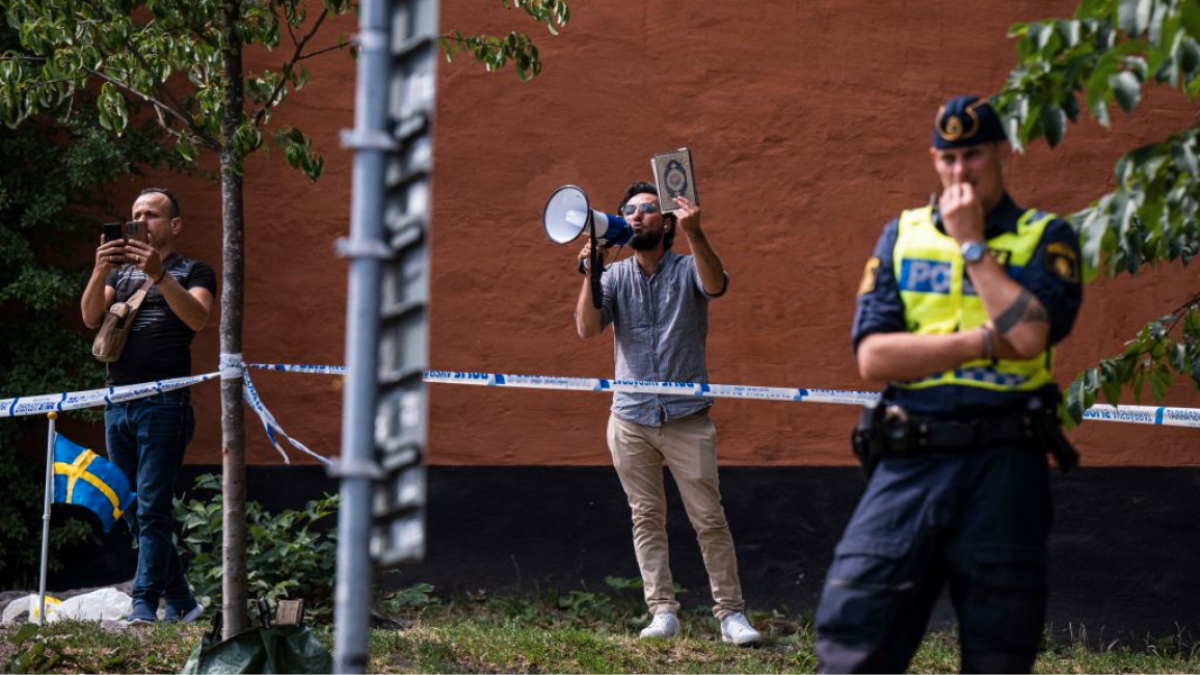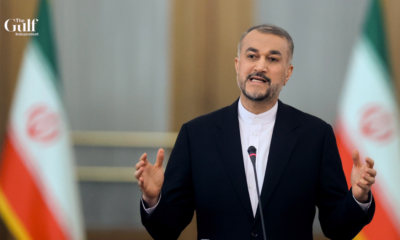Late last month, a blasphemous incident in Stockholm, Sweden rocked the Islamic world, outraged Muslims, and fueled discussions on religious tolerance. This incident serves as a stark reminder of the urgent need for societies to respect each other’s values and beliefs, and for governments to play an active role in promoting peace and harmony.
It is important to strike a delicate balance between freedom of expression and the prevention of religious discrimination and hatred. Over the years, Swedish authorities have allowed such blasphemy against Islam to take place.
To see that it doesn’t happen again, the Organization of Islamic Cooperation (OIC), made up of 57 members, held an emergency meeting in Jeddah. This second largest global international body, after the United Nations, unanimously censored the incident and called for collective measures to prevent the desecration of the Quran. It urged international law to stop religious hatred in Sweden and around the world.
Respecting Diverse Beliefs
Religious Tolerance lies at the heart of a just and inclusive society. In an interconnected world, where people from different cultures and faiths coexist, it is imperative to foster an environment that respects diverse religious beliefs. This means acknowledging the deeply held convictions of others, even if they differ from our own. Respectful dialogue and understanding can help build bridges and promote mutual respect.
Freedom of expression is a fundamental right that allows individuals to express their thoughts and ideas without fear of censorship. However, with this freedom comes great responsibility. It is crucial to exercise it thoughtfully and considerately, keeping in mind the potential impact on others’ religious sensitivities.
While challenging and even criticizing religious beliefs may be acceptable, it is important to draw a line when it comes to deliberate blasphemy and mockery that incites hatred, or fuels violence.
Outrage and Consequences
The recent blasphemous incident in Sweden, where an Iraqi immigrant burned the Holy Quran, provoked understandable outrage among Muslims worldwide. However, it should be noted that this outrage does not reflect the views of the entire Islamic community. In fact, it highlights the deep emotional connection Muslims have to their faith.
Such incidents can create an environment of tension and mistrust, jeopardizing social cohesion, and interfaith harmony.
Governments have a significant responsibility in fostering an atmosphere of peace and harmony within their societies. They should actively discourage any form of religious discrimination and ensure that all citizens, regardless of their faith, are protected from hate speech and violence. However, striking a balance between upholding freedom of expression and preventing the propagation of religious hatred can be a difficult task.
Governments should invest in educational programs that promote cultural and religious understanding from an early age. By cultivating empathy and respect for diverse beliefs, future generations will be better equipped to navigate religious differences.
Open and constructive dialogues between religious communities should be encouraged to help bridge divides and dispel misunderstandings.
ALSO READ: Emirates launches on-demand charter services for GCC travellers
Interfaith initiatives promote mutual understanding, tolerance, and foster relationships built on respect. Governments should also enact and enforce laws that prohibit hate speech, incitement to violence, and blasphemy that leads to religious discrimination.
Furthermore, media outlets should exercise their freedom of expression responsibly, avoiding the dissemination of content that incites religious hatred, or targets specific religious communities.
















